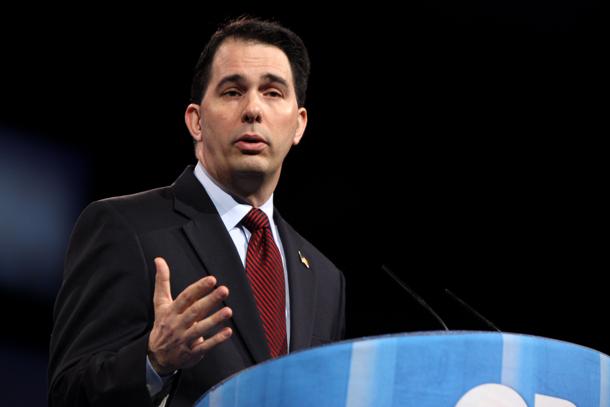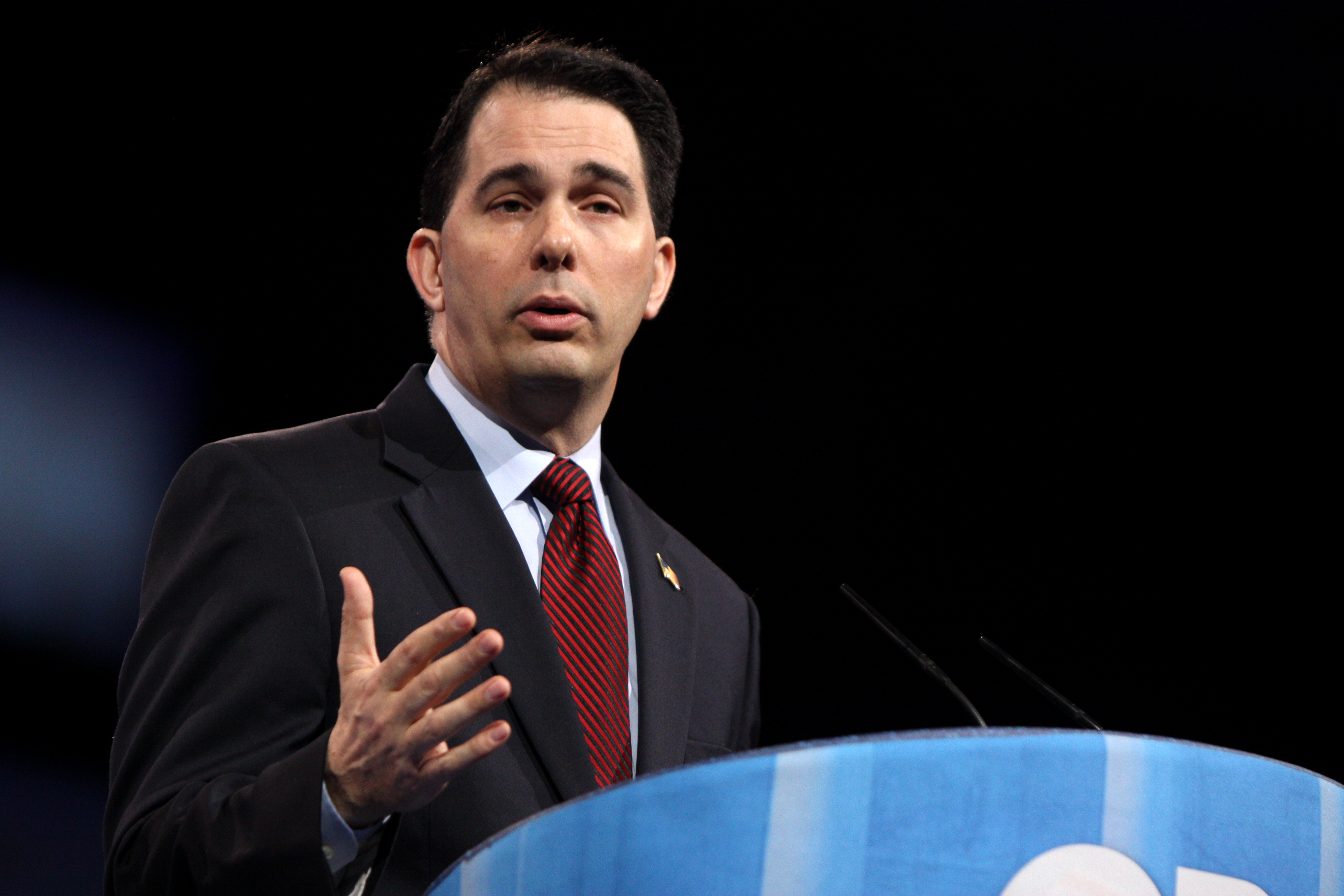
Scott Walker, Wisconsin’s anti-worker governor, seems eager to weaken vital public services and important institutions in his state, even if they exist to provide a better future for Wisconsin’s youth.
After stripping away collective bargaining rights for public sector employees in 2011, and championing a harmful right-to-work law, Walker and his extremist allies on the Republican-controlled Joint Finance Committee are now trying to cut $250 million in funding for the state’s university system. As part of their grand plan for the state budget for the next two years, Walker and his allies are also pushing a proposal that will dismantle Wisconsin’s university tenure system, placing it in the hands of the Board of Regents, a body consisting almost entirely of the governor’s appointees.
In addition to tenure, Walker is also going after “shared governance,” a treasured tenet of higher education that allows faculty, staff and students to have a voice in matters that directly affect them and, in many cases, decision-making authority as well.
“Walker and his followers continue to show nothing but contempt for the voice of the people who actually do the work in Wisconsin,” said Mike Fox, interim executive director of AFSCME Council 32. “Their my-way-or-the-highway attitude continues to send a lot of good talent racing for the highway while Wisconsin’s national reputation plummets.”
The tenure proposal allows the Walker-appointed board to determine standards for firing tenured professors “when such an action is deemed necessary due to a budget or program decision requiring program discontinuance, curtailment, modification or redirection.” It would also effectively give Walker and his board more control over curriculum in the state university system (approximately 180,000 students).
Nearly 500 professors from the University of Wisconsin system signed a letter expressing serious concerns about the implications of such a move. “The job protections afforded by tenure – earned not through years on the clock but by virtue of having demonstrated excellence in research, teaching and service – ensure that faculty are free to pursue knowledge and express ideas without fear of dismissal,” they wrote.
Professors aren’t the only ones taking issue. University officials also raised concerns about the future ability of the system to attract top academic talent.
Richard Leson, an associate professor of art history at University of Wisconsin-Milwaukee and president of the Association of University of Wisconsin Professionals, AFT Local 3535, called the attack on tenure “a major blow to academic freedom by a group of wealthy and powerful politicians who seem to fear a population capable of critical thought,” and said AFT members will work to defend these “important (tenure) standards in the UW system.” “Our students’ education depends on it.”
The tenure proposal needs to pass a vote by both the full Wisconsin House and Senate along with the overall budget, and is expected to come up later this month in the Legislature.
